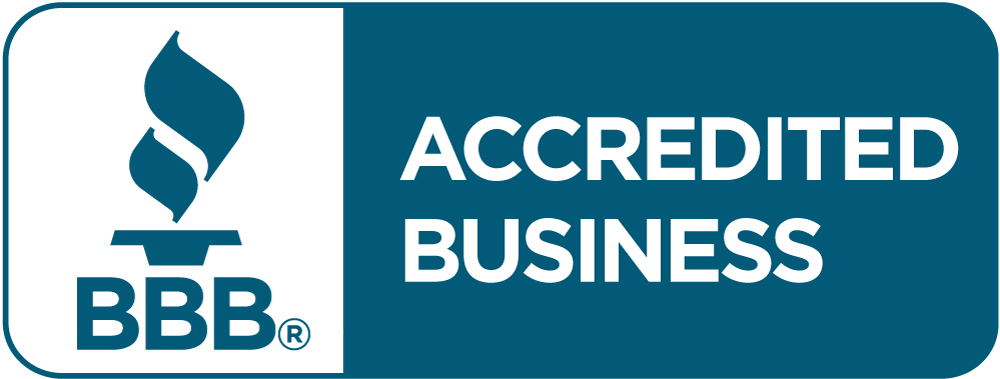Quick Links
ToggleAs a restaurant owner, your business is at the mercy of many uncontrollable factors and unforeseen expenses. For example, you might be caught off-guard by an increase in the cost of ingredients or supplies, forcing you to make purchase decisions in order to avoid interrupting operations. Or, you may have to deal with sudden increases in demand and competition from other restaurants. Other unexpected events, such as taking time off for illness, suffering damage from a natural disaster, or being sued are all additional examples of unexpected expenses you and your business could face on any given day.
How to prepare for unexpected expenses in Restaurant?
Unforeseen costs can cause a restaurant to close its doors, so it’s important to have contingencies in place to deal with them. We share the top six ways you can prepare for unexpected expenses to ensure your restaurant is never caught off-guard.
1. Be Organized
To prepare for unexpected expenses, it’s important to be organized. Organize your finances by keeping a close eye on the balance of your bank account and by tracking your restaurant’s expenses and revenue. Additionally, organize your staff so they know what is expected from them in different emergency scenarios, as well as what they need to do and why.
Organization is key because it allows you to see where problems lie before they become serious issues and cause unexpected expenses.
2. Upgrade Your Restaurant Equipment on Time
When running a restaurant, it’s important to make sure you have the right tools for the job. You don’t want to be using outdated equipment that doesn’t meet your restaurant’s needs. If this happens, your business might lose money because customers won’t come back due to old technology or service issues caused by outdated equipment. Additionally, you may end up spending more money than necessary on repairs and maintenance because a small issue with your equipment has turned into something far more complex (and expensive) to fix.
3. Be Aware of Restaurant Laws and Regulations
If you’re a relatively new business owner, you may not be aware of all the laws and regulations that are applicable to restaurants. This includes things like minimum wage requirements, health code regulations, tax rates, and special licensing requirements. You should also understand how these laws affect your restaurant’s operations, along with what costs they may include.
Being aware of these rules not only allows you to legally run your restaurant but also helps you to prepare for unexpected expenses that may arise.
4. Have a Cash Reserve
A cash reserve is the amount of money that you have on hand to pay for unexpected expenses. It can also be used to cover payroll and other debts, such as taxes and utility bills.
A good rule of thumb is to have enough cash in your business account to cover at least two months’ worth of expenses. That way, you won’t run out of money if you get hit with an unexpected expense like a broken dishwasher or an injured staff member.
5. Predict Seasonal Issues
Your business should have its own seasons of growth and decline. Therefore, analyze your sales and profits to see what patterns emerge from year to year, then use this information to predict how busy you’ll be in each season.
This allows you to prepare for seasonal issues that may affect your business by making necessary cuts, subcontracting when appropriate, or hiring new staff as needed.
6. Consider a Merchant Cash Advance
A merchant cash advance, or MCA, is a flexible option because it enables restaurants to pay back the advance while continuing regular business operations. Most restaurants rely almost entirely on credit card payments from their diners. This allows them to capitalize on ongoing operations to meet their financing obligations while managing cash flow estimates and keeping operations running smoothly.
A merchant cash advance doesn’t have many of the same restrictions that some bank loans have, which limit how business owners can use their money. This means you can spend your acquired funds on unexpected expenses as soon as they arise, thus minimizing further uncertainty or damage to your business.
Does Your Restaurant Need Additional Funds?
With a merchant cash advance from Zinch (known as our popular Zinch Flex option), applicants receive an outcome within just 24 hours. Additionally, they’re able to access their required funds in as little as two days.
Does your restaurant need a cash injection to help you prepare for unexpected expenses? Contact us at (714) 500-6622 to learn more about your options. You could qualify for up to $250,000 in just 24 hours.










